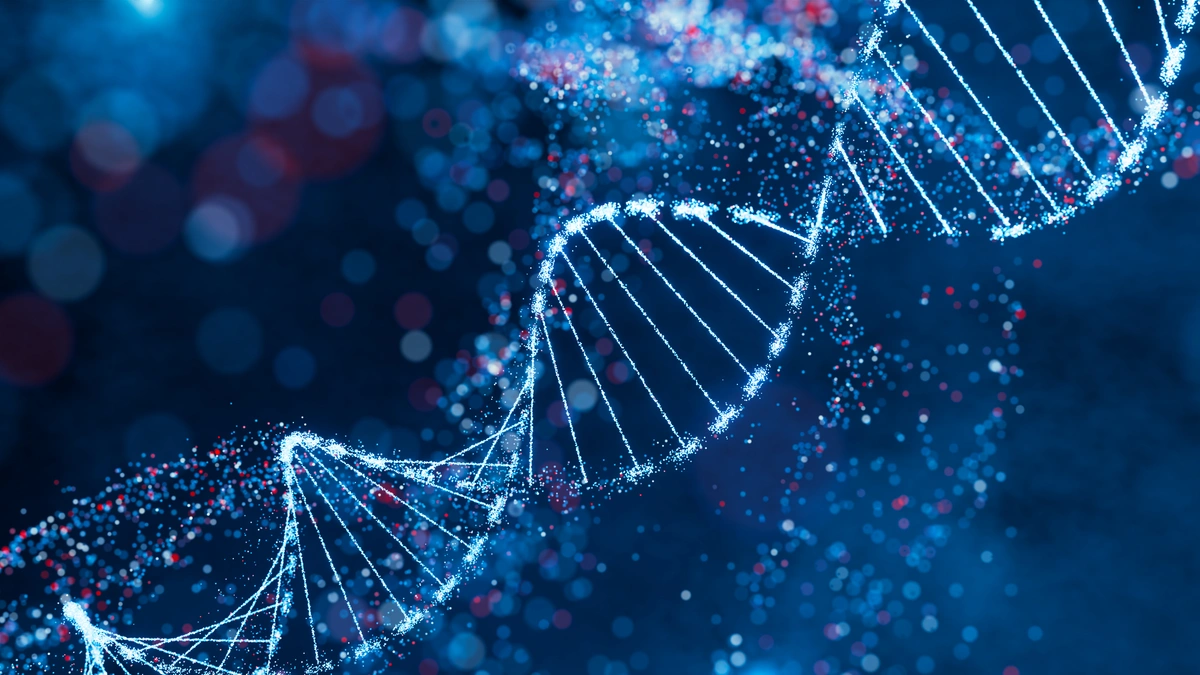What is Preimplantation Genetic Testing (PGT)?
Preimplantation genetic testing is a series of tests that check for chromosomal abnormalities in embryos cultivated through in vitro fertilization (IVF). Although diagnoses are 98% accurate, prenatal testing later in pregnancy is strongly advised to confirm the diagnosis and review the number and structure of all chromosomes.


